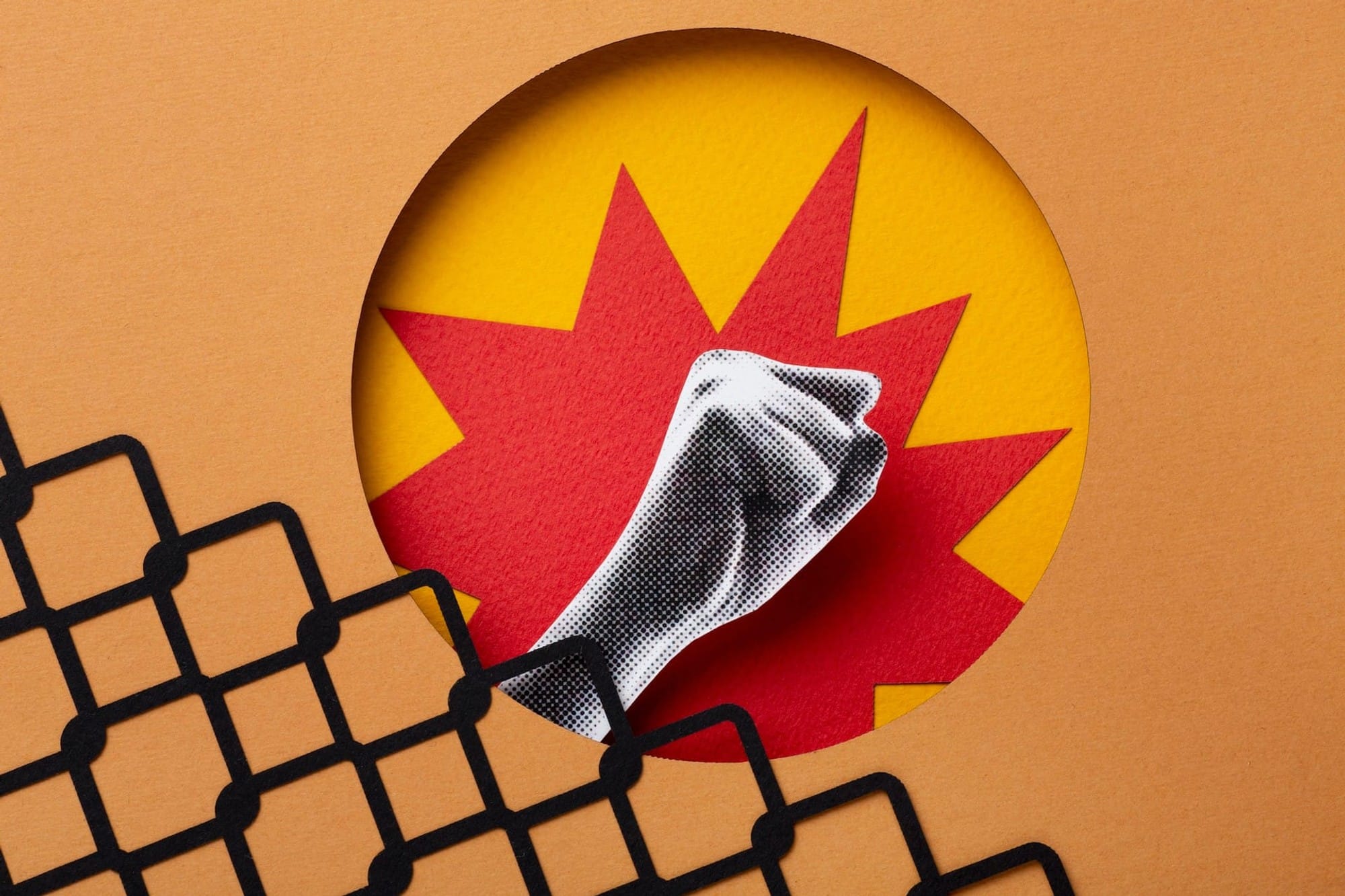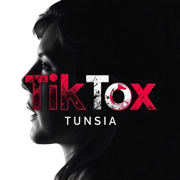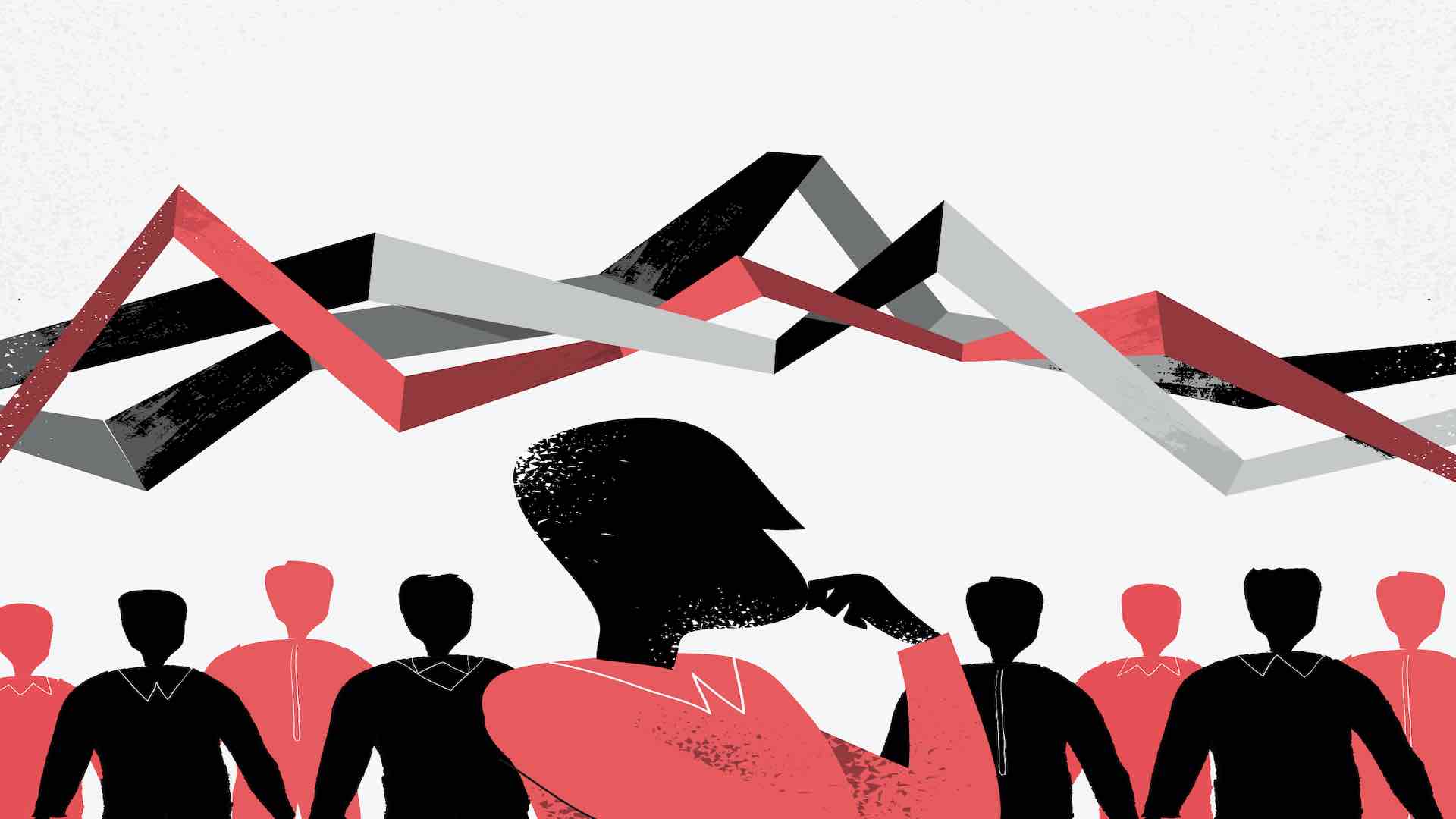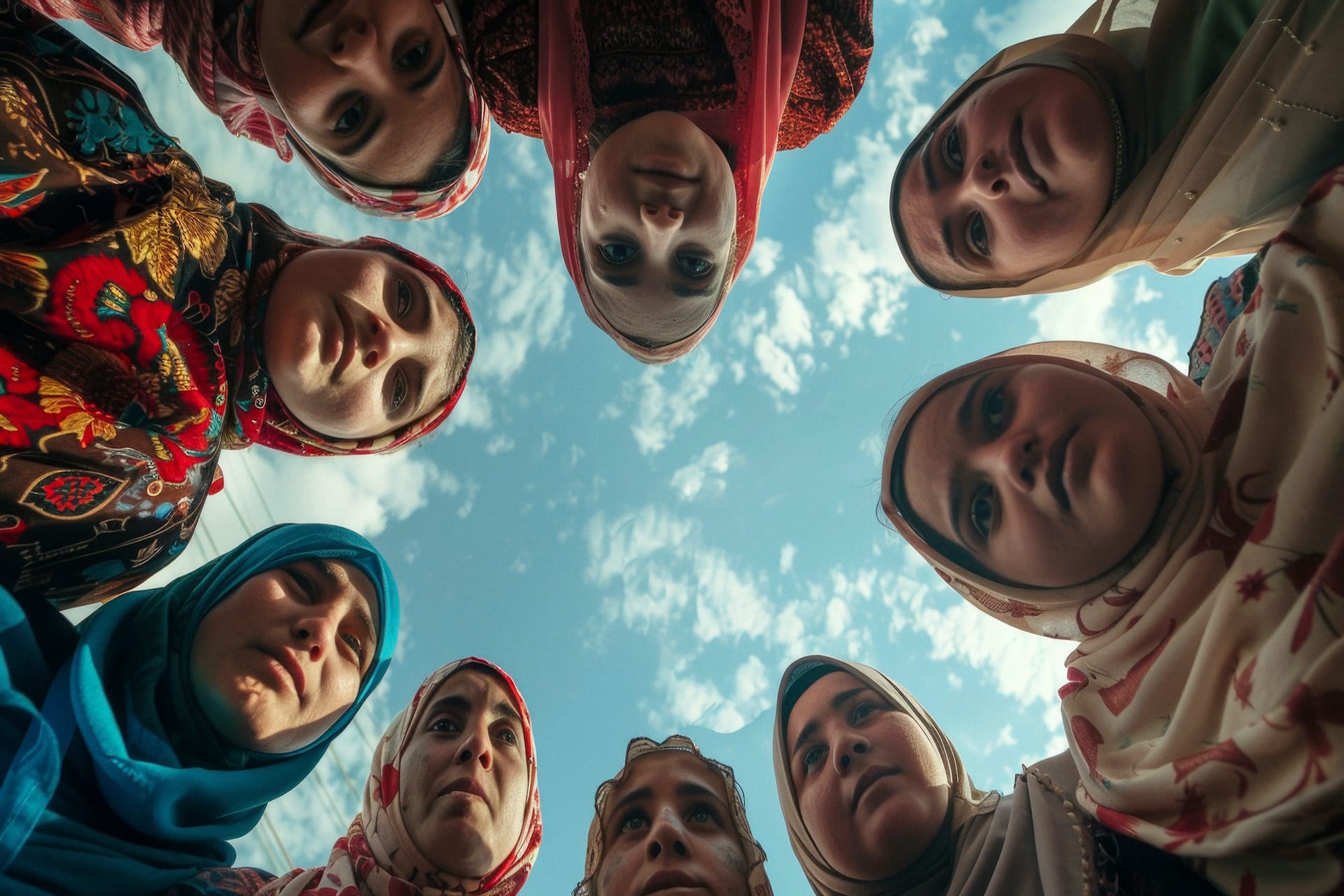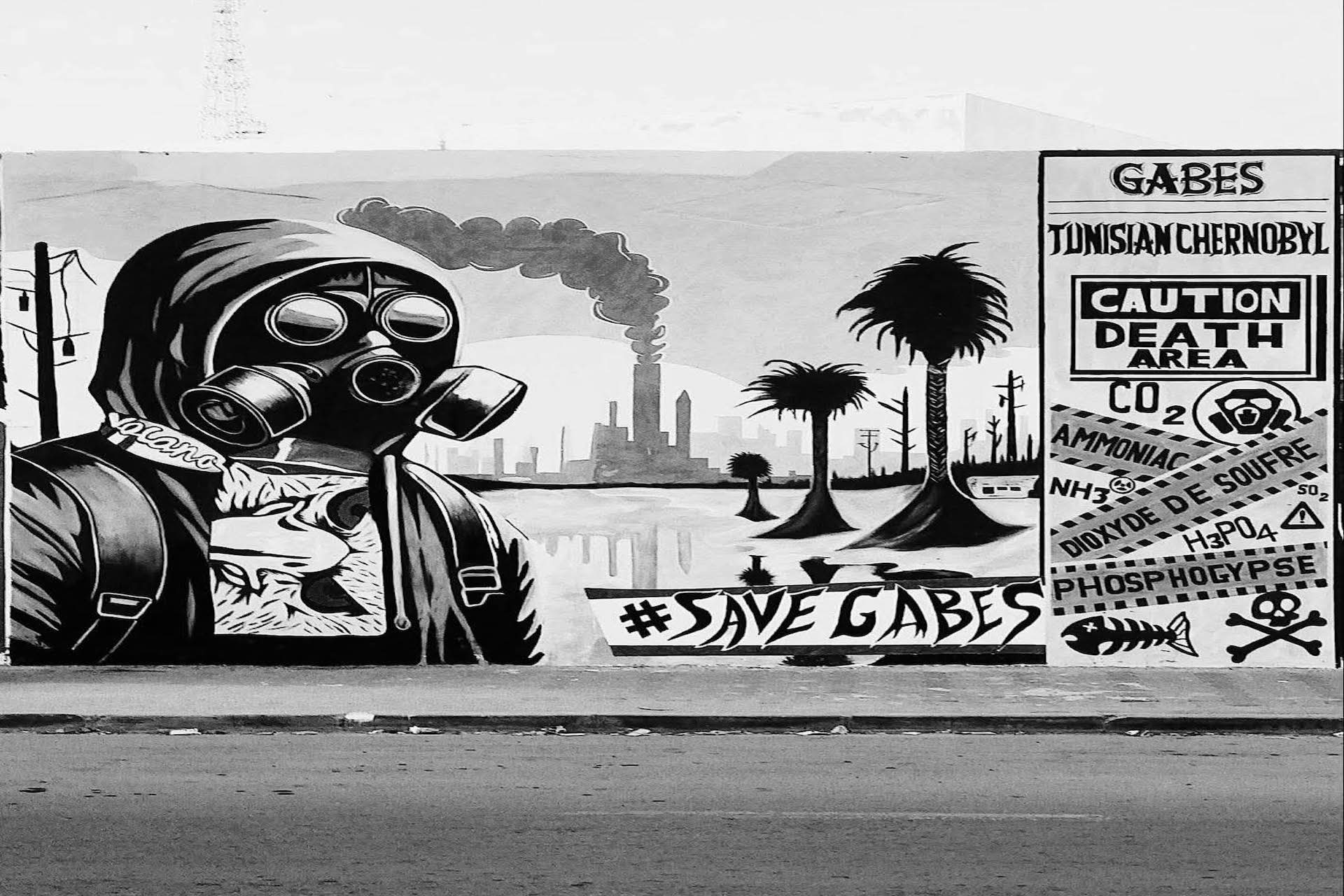Cybercrime Laws, TikTok Donations, Taxation, Toxic Content, and Political Lobbying in Tunisia: The Urgent Need for Oversight
TikTok’s rise in Tunisia raises urgent questions: cybercrime laws, unregulated donations, taxation gaps, toxic content, and political influence. This in-depth report examines why oversight is critical for society and the economy.
Introduction
Over the past few years, TikTok has emerged as a dominant platform in Tunisia, reshaping social interactions, entertainment, and digital entrepreneurship. From short videos to live streaming, Tunisian users have embraced the platform, and a new generation of content creators, known as TikTok streamers, has appeared. Many earn substantial income through virtual gifts, donations, and sponsorships.
However, TikTok’s rapid growth has revealed regulatory and legal gaps, raising serious questions about cybercrime, taxation, and the protection of minors. Additionally, toxic content and political lobbying through the platform have begun influencing public opinion, emphasizing the urgent need for oversight. This article explores these challenges, examines Tunisia’s legal framework, and proposes measures to ensure TikTok benefits society without compromising safety or legality.
The Rise of TikTok in Tunisia
TikTok’s popularity in Tunisia is driven by youth engagement, ease of content creation, and global reach. The app allows users to share short videos, interact through live streams, and receive virtual gifts from their followers.
- User demographics: Over 60% of Tunisian TikTok users are under 30.
- Content diversity: From entertainment and lifestyle to political commentary.
- Monetization opportunities: Creators can earn via virtual gifts, donations, and brand collaborations.
The growth of TikTok has transformed some users into micro-entrepreneurs, generating income comparable to traditional employment. Yet, this growth also exposes systemic risks in legal compliance, taxation, and digital safety.
Cybercrime Laws in Tunisia
Tunisia has established several laws relevant to online activity, yet TikTok’s cross-border and real-time interactions pose challenges.
Key Legal Framework
- Law No. 5 of 2004 on Cybercrime:
- Criminalizes hacking, fraud, identity theft, and online harassment.
- Applies to Tunisian residents, but enforcement for international platforms is limited.
- Data Protection and Privacy Laws:
- Tunisia’s law protects personal data, but TikTok operates largely outside domestic oversight.
- Child Protection Codes:
- Protect minors from exploitation and abuse online.
Enforcement Challenges
While laws exist, enforcement is limited due to:
- Lack of technical expertise to monitor live streams.
- Cross-border donations that escape national scrutiny.
- Anonymity of users, making fraud detection difficult.
These gaps create opportunities for cybercrime and unregulated activity.
TikTok Donations: Regulation and Risks
TikTok’s donation system allows users to purchase coins and send virtual gifts during live streams. Streamers can then convert these gifts into cash, often through international accounts or payment intermediaries.
Regulatory Gaps
- Unmonitored financial flows: Large sums move outside Tunisian banking systems.
- Lack of reporting requirements: Streamer earnings are rarely declared to authorities.
- Potential for fraud and scams: Some streamers or agents exploit fans, encouraging excessive donations.
These conditions make TikTok a potential vehicle for money laundering, especially with diaspora contributions from Europe and the Gulf.
Taxation Challenges
Streamers’ earnings represent a new type of income that traditional Tunisian tax law struggles to capture.
Current Situation
- Most earnings from TikTok donations remain undeclared, leading to lost revenue for the state.
- The Ministry of Finance lacks mechanisms to monitor cross-border digital payments.
- Many creators treat TikTok as informal employment, outside official reporting channels.
Economic Implications
- Loss of tax revenue impacts public services.
- Encourages informal digital economies, reducing transparency.
- Poses compliance challenges as TikTok grows in popularity.
Recommendations
- Introduce specific taxation guidelines for digital content creators.
- Collaborate with platforms like TikTok for financial reporting transparency.
- Educate streamers about their legal obligations and potential liabilities.
Toxic Content and Social Harm
Beyond financial concerns, TikTok content itself can be harmful.
Types of Toxicity
- Cyberbullying: Streamers or viewers harass others publicly.
- Exploitation of minors: Young creators may be pressured to produce inappropriate content.
- Addictive content: Encourages excessive screen time, impacting mental health.
- Disinformation: Political or misleading content spreads rapidly, influencing public opinion.
Societal Impact
Unchecked toxic content can:
- Erode trust in online platforms.
- Lead to psychological harm among youth.
- Undermine civic discourse and democratic processes.
Political Lobbying and Influence
Some actors have used TikTok as a soft power tool to lobby or influence opinions.
- Micro-targeted content: Promoting political ideas subtly through entertainment.
- Financial incentives: Streamers may be paid to support specific narratives.
- Rapid spread of messaging: Viral content reaches thousands in hours, bypassing traditional media.
While most creators are independent, lack of transparency raises concerns about manipulation and lobbying.
The Urgent Need for Oversight
The combination of cybercrime risk, unregulated donations, taxation gaps, toxic content, and political influence highlights the urgent need for comprehensive oversight.
Recommendations
- Strengthen Enforcement
- Cybercrime units equipped to monitor live streams and financial flows.
- Regulate Digital Donations
- Treat TikTok gifts as financial transactions subject to reporting.
- Taxation Compliance
- Introduce clear rules and penalties for undeclared streamer income.
- Content Moderation
- Implement age verification, reporting tools, and educational campaigns.
- International Cooperation
- Collaborate with TikTok HQ and foreign authorities to ensure compliance.
Conclusion
TikTok represents a dual-edged phenomenon in Tunisia: a platform for creativity, entrepreneurship, and cultural exchange, but also a space prone to financial misuse, legal gaps, toxic content, and political lobbying.
To safeguard the interests of users, protect minors, and preserve the integrity of Tunisia’s digital economy, urgent oversight, clear regulation, and civic education are essential. By acting now, Tunisia can ensure TikTok evolves into a safe, transparent, and economically beneficial platform rather than a tool for exploitation or illegality.


